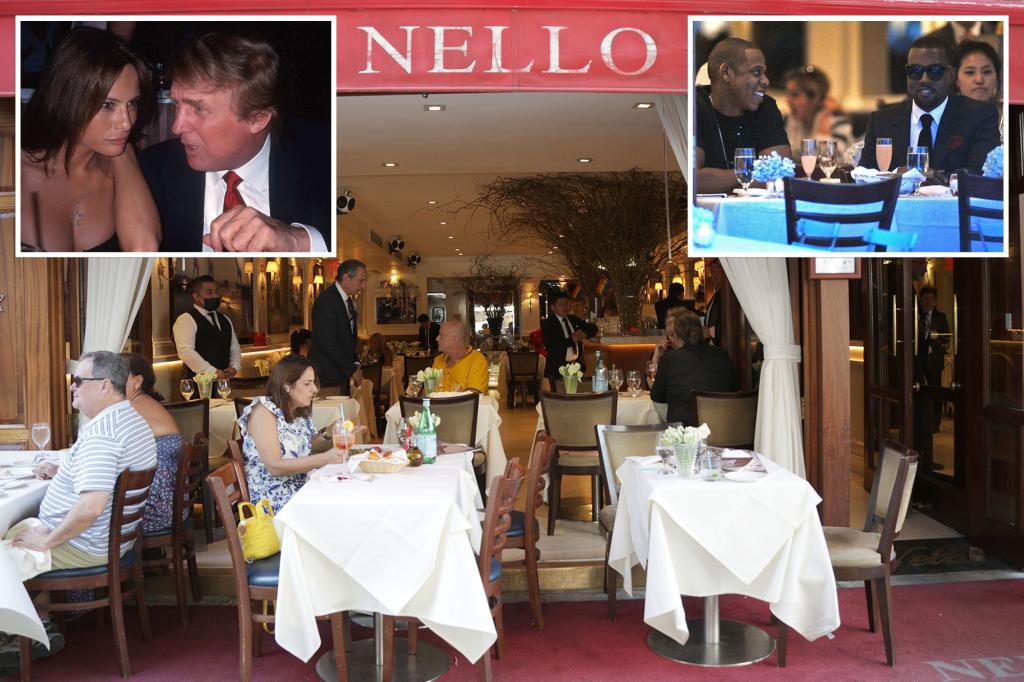Nello's Comeback: Iconic Manhattan Hotspot Rises from the Ashes in Midtown Luxury Tower

Thomas Makkos, a prominent real estate developer and former fast-food franchise entrepreneur, has secured a new lease for the iconic Nello restaurant space at 62 West 55th Street. The seasoned businessman is banking on reviving the restaurant's legendary status and attracting its former high-profile clientele.
Known for his strategic business moves, Makkos aims to breathe new life into the beloved Manhattan dining establishment, hoping to recreate the buzz and allure that once made Nello a hotspot for celebrities, media moguls, and New York's elite social scene.
The new lease signals a potential comeback for the restaurant, which was previously a magnet for boldface names and power lunches in the heart of Midtown Manhattan. Makkos' involvement suggests an ambitious plan to restore the venue's former glamour and reputation.
